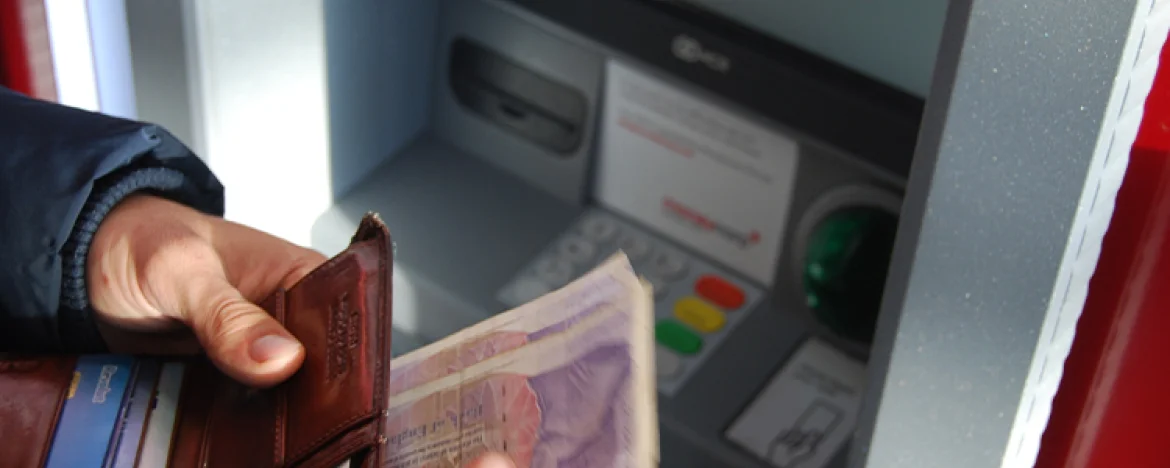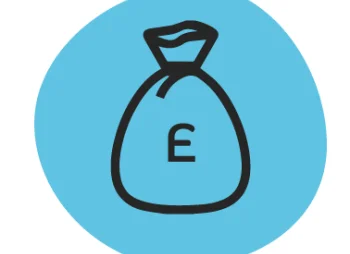Improving your credit score
Register to vote
Registering on the electoral roll at your current address is integral to linking you to your address. When you register to vote, your electoral details are registered on your credit report. This makes it easy for lenders to confirm your name and address and your credit score will increase as a result. It will also vastly improve the time taken to be approved for any finance application you make. Without it, you may be asked for additional forms of identity and proof of address.
Build your credit history
As a credit score is a way of lenders predicting your financial reliability based on past behaviour, a minimal or no credit history can still cause issues. Without this information available to be able to assess you, your credit score will be lower to reflect that uncertainty. This is therefore a problem common among younger people and those who haven't been living in the UK for very long.
It is therefore important to build up your credit history by having a bank account, having and paying off a credit card on time and managing household bills well. Showing you can borrow and pay off money is a sure-fire way to improve your credit score.
Pay debt reliably
As explained above, it is a good idea to have had some debt if you are looking to improve your credit score as this informs lenders on your reliability for future lending. However, you must always pay this debt off on time to keep your credit rating healthy. It is older, well-managed accounts that will best improve your credit score.
Keep credit utilisation low
Credit utilisation refers to the percentage of your credit limit currently in use. For example, if your credit limit is £500 and you are already borrowing £250, your credit utilisation is 50%. If your percentage is lower this will reflect positively in your credit score. Below 25% is the utilisation percentage to aim for where possible.
This must be carefully managed against having a reasonable credit limit. Taking out lots of credit cards could reduce your credit utilisation but could also indicate that you are falsely reliant on borrowing. Each new account also increases your vulnerability to fraud and identity theft. Therefore, maintaining a sensible credit limit based on your needs and only utilising up to 25% of that total where possible is the optimum strategy to maximising your credit health.
How long will it take to improve my credit score?
Some changes you can make instantly, others are only possible gradually over time. In either case, an additional three months will likely be required for the updated information to reach CRAs and therefore for your credit score to be updated.
The benefits of improving your credit score
There are several benefits of a good credit score besides just increasing the likelihood you will get accepted for credit.
- Lower interest rates - A good credit score is likely to lower interest rates on any new loans. As you are seen as a lower risk they will be keener to persuade you to borrow from them and therefore they will want to make the cost of the loan cheaper.
- Higher credit limits – The better your score, the more you will be able to borrow.
- More choice – your increased likelihood of getting accepted for finance will allow you access to a wider range of offers and providers.
Your credit score is one of the most important reflections on your financial health. Looking after it could not only open doors when borrowing money but could help you save on both the amount borrowed and any interest applied.







